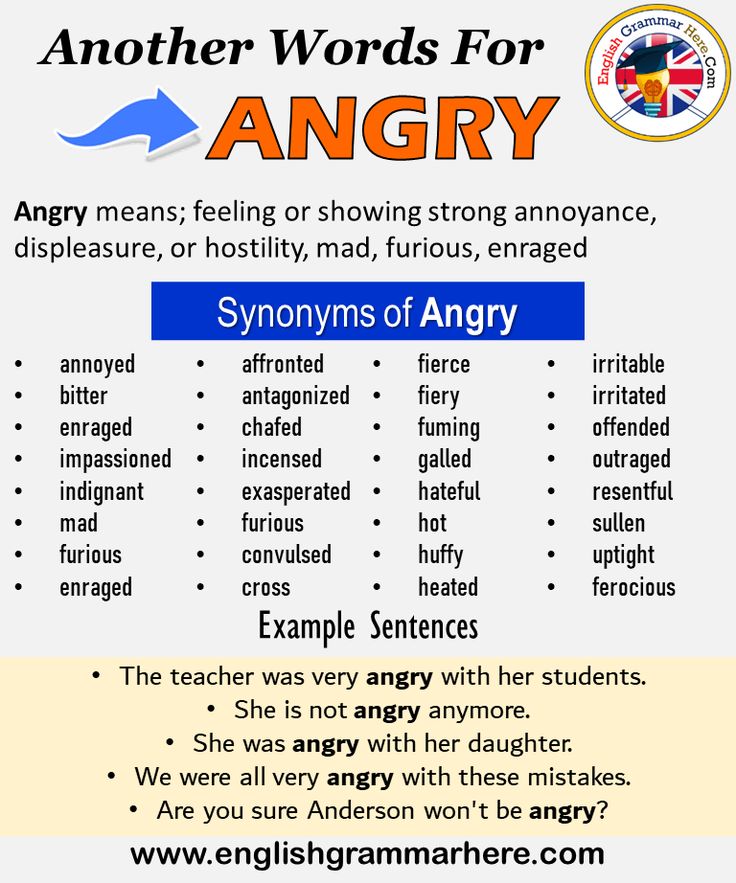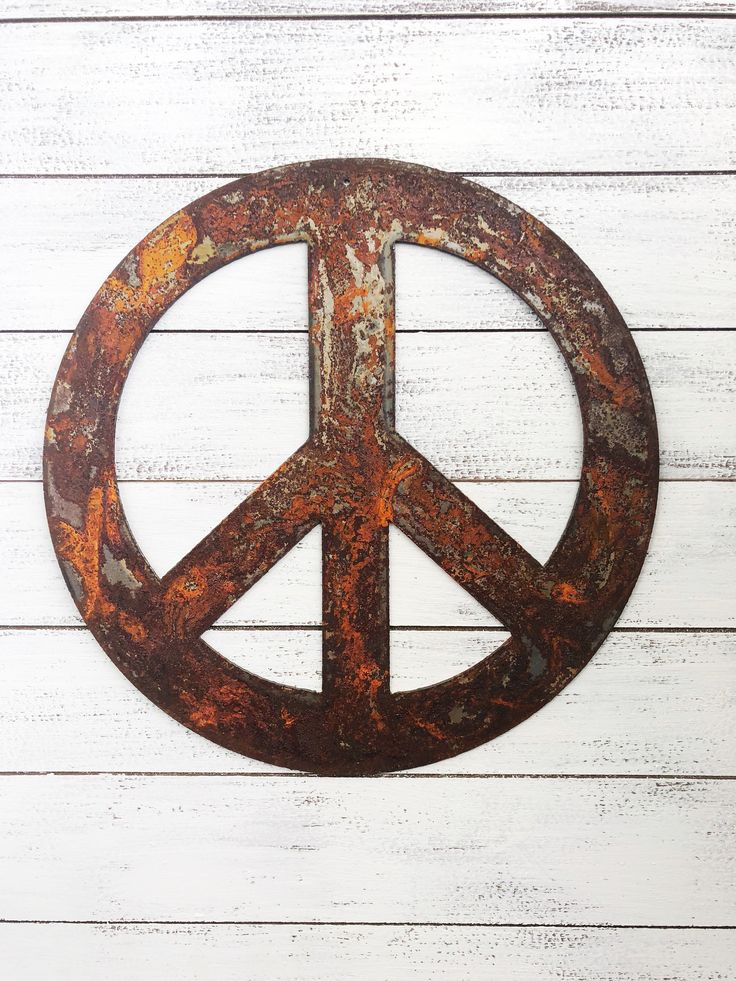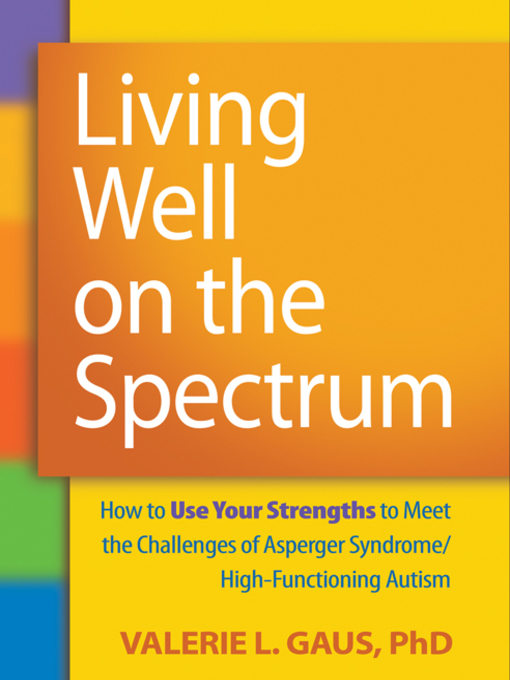Ending abusive relationships
How to Get Out of an Abusive Relationship
domestic abuse
Getting out of an abusive relationship isn't easy, but you deserve to live free of fear. Here’s how to find help for abused and battered women.
If you're in an abusive relationship
Why doesn't she just leave? It's the question many people ask when they learn that a woman is suffering battery and abuse. But if you are in an abusive relationship, you know that it's not that simple. Ending a significant relationship is never easy. It's even harder when you've been isolated from your family and friends, psychologically beaten down, financially controlled, and physically threatened.
If you’re trying to decide whether to stay or leave, you may be feeling confused, uncertain, frightened, and torn. Maybe you’re still hoping that your situation will change or you’re afraid of how your partner will react if he discovers that you’re trying to leave. One moment, you may desperately want to get away, and the next, you may want to hang on to the relationship.
Maybe you even blame yourself for the abuse or feel weak and embarrassed because you’ve stuck around in spite of it. Don’t be trapped by confusion, guilt, or self-blame. The only thing that matters is your safety.
If you are being abused, remember:
- You are not to blame for being battered or mistreated.
- You are not the cause of your partner's abusive behavior.
- You deserve to be treated with respect.
- You deserve a safe and happy life.
- Your children deserve a safe and happy life.
- You are not alone. There are people waiting to help.
There are many resources available for abused and battered women, including crisis hotlines, shelters—even job training, legal services, and childcare. Start by reaching out today.
If you need immediate assistance, call your country's emergency services number (911 in the U.S.)
For domestic violence helplines and shelters, click here.
If you're a man in an abusive relationship, read Help for Men Who are Being Abused.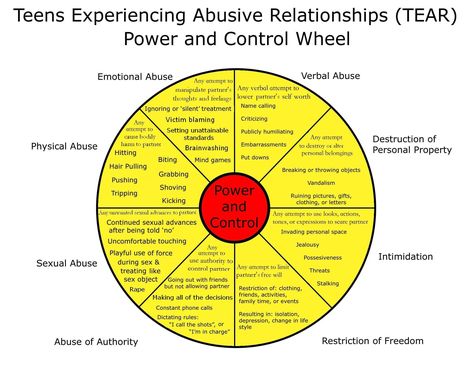
Making the decision to leave an abusive relationship
As you face the decision to either end the abusive relationship or try to save it, keep the following things in mind:
If you're hoping your abusive partner will change… The abuse will probably keep happening. Abusers have deep emotional and psychological problems. While change is not impossible, it isn't quick or easy. And change can only happen once your abuser takes full responsibility for his behavior, seeks professional treatment, and stops blaming you, his unhappy childhood, stress, work, his drinking, or his temper.
If you believe you can help your abuser… It's only natural that you want to help your partner. You may think you're the only one who understands him or that it's your responsibility to fix his problems. But the truth is that by staying and accepting repeated abuse, you're reinforcing and enabling the behavior. Instead of helping your abuser, you're perpetuating the problem.
If your partner has promised to stop the abuse… When facing consequences, abusers often plead for another chance, beg for forgiveness, and promise to change. They may even mean what they say in the moment, but their true goal is to stay in control and keep you from leaving. Most of the time, they quickly return to their abusive behavior once you've forgiven them and they're no longer worried that you'll leave.
If your partner is in counseling or a program for batterers… Even if your partner is in counseling, there is no guarantee that he'll change. Many abusers who go through counseling continue to be violent, abusive, and controlling. If your partner has stopped minimizing the problem or making excuses, that's a good sign. But you still need to make your decision based on who he is now, not the man you hope he will become.
If you're worried about what will happen if you leave… You may be afraid of what your abusive partner will do, where you'll go, or how you'll support yourself or your children.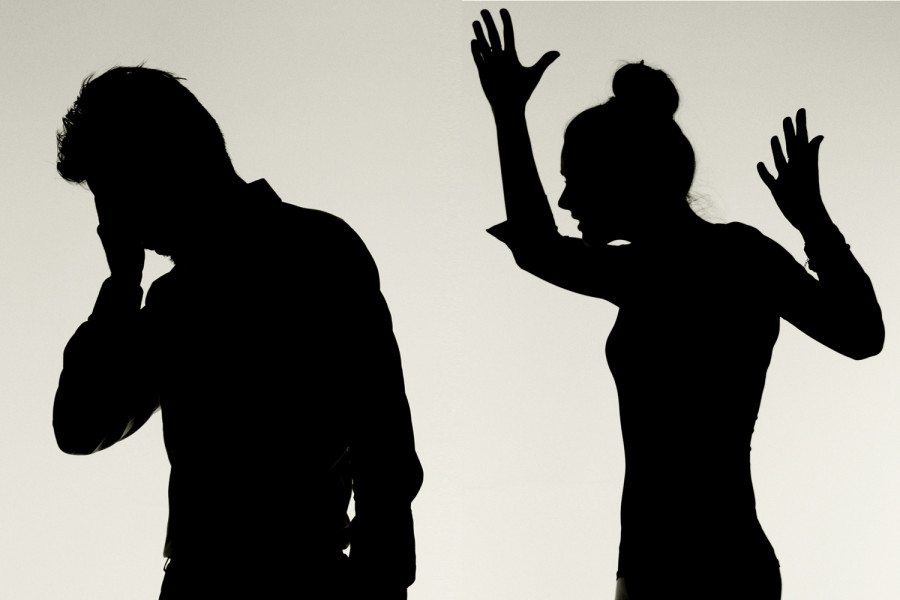 But don't let fear of the unknown keep you in a dangerous, unhealthy situation.
But don't let fear of the unknown keep you in a dangerous, unhealthy situation.
Signs that your abuser is NOT changing:
- He minimizes the abuse or denies how serious it really was.
- He continues to blame others for his behavior.
- He claims that you're the one who is abusive.
- He pressures you to go to couple's counseling.
- He tells you that you owe him another chance.
- You have to push him to stay in treatment.
- He says that he can't change unless you stay with him and support him.
- He tries to get sympathy from you, your children, or your family and friends.
- He expects something from you in exchange for getting help.
- He pressures you to make decisions about the relationship.
Safety planning for abused women
Whether or not you're ready to leave your abuser, there are steps you can take to protect yourself. These safety tips may might the difference between being severely injured or killed and escaping with your life.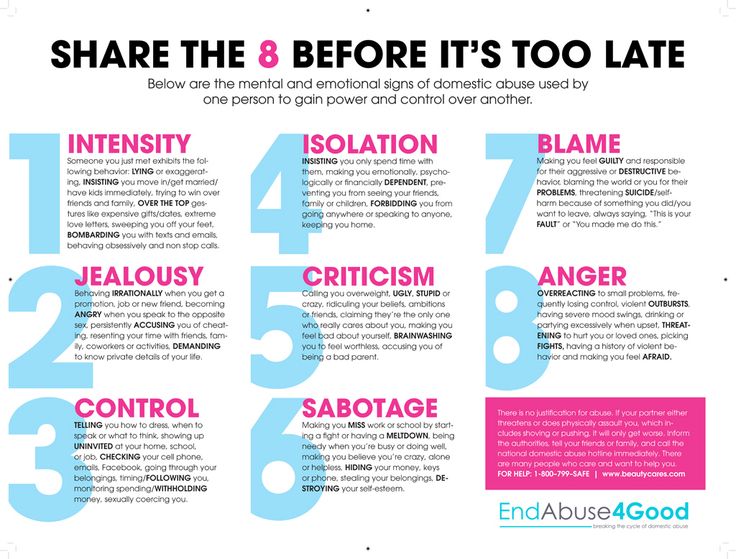
Know your abuser's red flags. Stay alert for signs and clues that your abuser is getting upset and may explode in anger or violence. Come up with several believable reasons you can use to leave the house (both during the day and at night) if you sense trouble brewing.
Identify safe areas of the house. Know where to go if your abuser attacks or an argument starts. Avoid small, enclosed spaces without exits (such as closets or bathrooms) or rooms with weapons (such as the kitchen). If possible, head for a room with a phone and an outside door or window.
Come up with a code word. Establish a word, phrase, or signal you can use to let your children, friends, neighbors, or co-workers know that you're in danger and they should call the police.
With over 25,000 licensed counselors, BetterHelp has a therapist that fits your needs. Sign up today and get matched.
GET 20% OFF
Affordable private online therapy. Get instant help, on any device, wherever you are in the world. Start feeling better today!
Get instant help, on any device, wherever you are in the world. Start feeling better today!
GET 20% OFF
Get professional online counseling for relationship or marital issues. It’s confidential and convenient to get started.
GET 20% OFF
Make an escape plan
Be ready to leave at a moment's notice. Keep the car fueled up and facing the driveway exit, with the driver's door unlocked. Hide a spare car key where you can get to it quickly. Have emergency cash, clothing, and important phone numbers and documents stashed in a safe place (at a friend's house, for example).
Practice escaping quickly and safely. Rehearse your escape plan so you know exactly what to do if under attack from your abuser. If you have children, make sure they practice the escape plan also.
Make and memorize a list of emergency contacts. Ask several trusted individuals if you can contact them if you need a ride, a place to stay, or help contacting the police.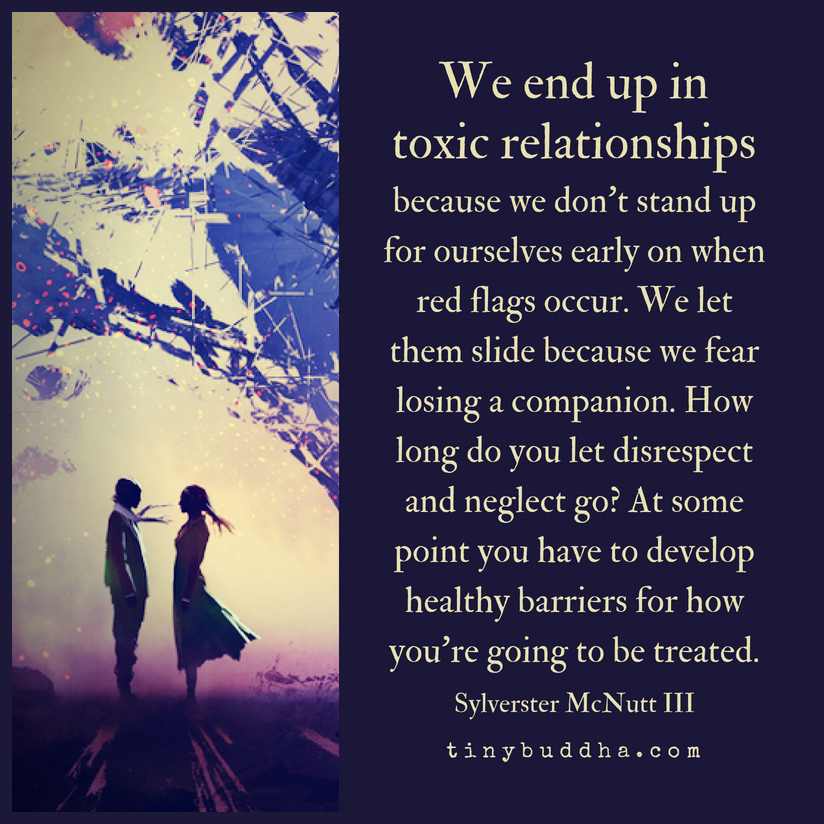 Memorize the numbers of your emergency contacts, local shelter, and domestic violence hotline.
Memorize the numbers of your emergency contacts, local shelter, and domestic violence hotline.
If you stay
If you decide at this time to stay with your abusive partner, here are some coping mechanisms to improve your situation and to protect yourself and your children.
- Contact a domestic violence or sexual assault program in your area. They can provide emotional support, peer counseling, safe emergency housing, information, and other services whether you decide to stay or leave the relationship.
- Build as strong a support system as your partner will allow. Whenever possible, get involved with people and activities outside your home and encourage your children to do so.
- Be kind to yourself! Develop a positive way of looking at and talking to yourself. Use affirmations to counter the negative comments you get from the abuser. Carve out time for activities you enjoy.
Source: Breaking the Silence Handbook
Protecting your privacy
Abusers often monitor their partner's activities, including their phone, computer, and Internet use.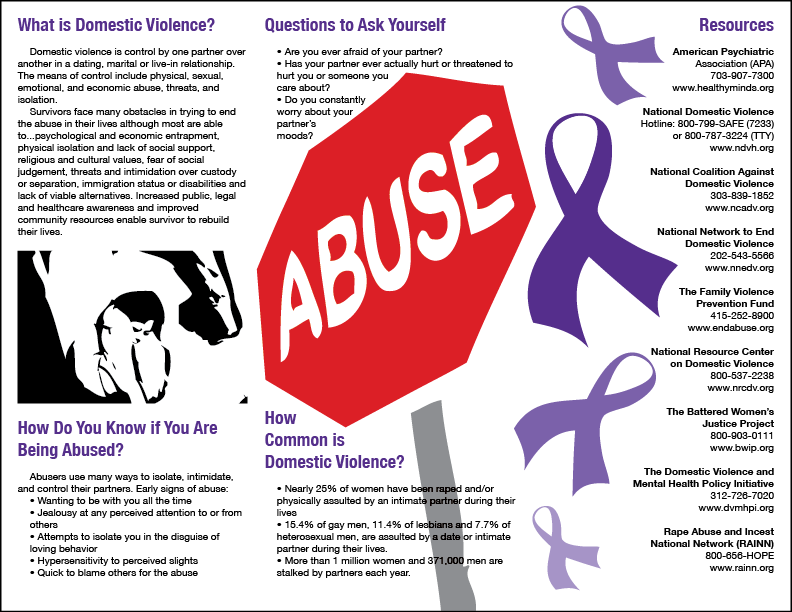 You may be afraid to leave or ask for help out of fear that your partner will retaliate if he finds out. However, there are precautions you can take to stay safe and keep your abuser from discovering what you're planning.
You may be afraid to leave or ask for help out of fear that your partner will retaliate if he finds out. However, there are precautions you can take to stay safe and keep your abuser from discovering what you're planning.
When seeking help for domestic violence and abuse, it's important to cover your tracks, especially when you're using the home phone, a smartphone, or a computer.
Call from a friend's or neighbor's phone when seeking help for domestic violence, or use a public pay phone or a “burner phone.”
Check your smartphone settings. There are smartphone apps your abuser can use to listen in on your calls, read your text messages, monitor your Internet usage, or track your location. Consider turning it off when not in use or leaving it behind when fleeing your abuser.
Get a second cell phone. To keep your communication and movements private, consider purchasing a prepaid cell phone (“burner” phone) or another smartphone that your abuser doesn't know about. Some domestic violence shelters offer free cell phones to battered women. Call your local hotline to find out more.
Some domestic violence shelters offer free cell phones to battered women. Call your local hotline to find out more.
Call collect or use your second cell phone. Remember that if you use your own home phone, the phone numbers that you call will be listed on the monthly bill that is sent to your home. Even if you've already left by the time the bill arrives, your abuser may be able to track you down by the phone numbers you've called for help.
Use a safe computer. If you seek help online, you are safest if you use a computer outside of your home. While there are ways to delete your Internet history on a computer, tablet, or smartphone that your abuser has access to, this can be a red flag that you're trying to hide something. Besides, unless you're very technical, it can be almost impossible to clear all evidence of the websites that you've visited. Use a computer at work, the library, your local community center, a domestic violence shelter or agency, or borrow a smartphone from a friend.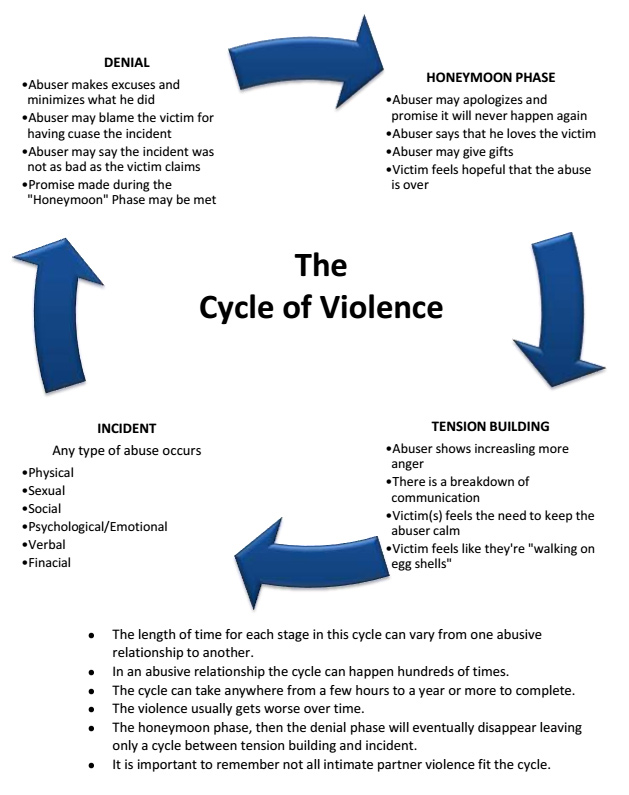
Change your user names and passwords. In case your abuser knows how to access your accounts, create new usernames and passwords for your email, IM, online banking, and other sensitive accounts. Even if you don't think your abuser has your passwords, he may have guessed or used a spyware or keylogging program to get them. Choose passwords that your abuser can't guess (avoid birthdays, nicknames, and other personal information).
Protecting yourself from surveillance and recording devices
Your abuser doesn't need to be tech savvy in order to use surveillance technology to monitor your movements and listen in on your conversations. Your abuser could be using:
Hidden cameras, such as a “Nanny Cam,” covert security cameras, or even a baby monitor to check in on you.
Smartphone apps that can enable your abuser to monitor your phone usage or track your movements.
Global Positioning System (GPS) devices hidden in your car, purse, on your phone, or other objects you carry with you.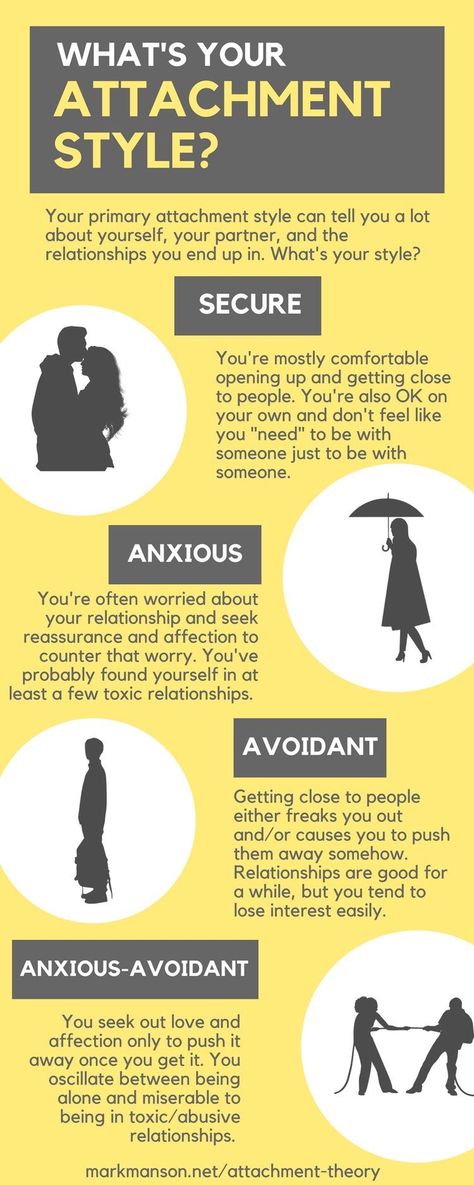 Your abuser can also use your car's GPS system to see where you've been.
Your abuser can also use your car's GPS system to see where you've been.
If you discover any tracking or recording devices or apps, leave them be until you're ready to leave. While it may be tempting to remove them or shut them off, this will alert your abuser that you're on to him.
Domestic violence shelters
A domestic violence shelter or women's shelter is a building or set of apartments where abused and battered women can go to seek refuge from their abusers. The location of the shelter is kept confidential in order to keep your abuser from finding you.
Domestic violence shelters generally have room for both mothers and their children. The shelter will provide for all your basic living needs, including food and childcare. The length of time you can stay at the shelter is limited, but most shelters will also help you find a permanent home, job, and other things you need to start a new life. The shelter should also be able to refer you to other services for abused and battered women in your community, including:
- Legal help
- Counseling
- Support groups
- Services for your children
- Employment programs
- Health-related services
- Educational opportunities
- Financial assistance
If you go to a domestic violence shelter or women's refuge, you do not have to give identifying information about yourself, even if asked. While shelters take many measures to protect the women they house, giving a false name may help keep your abuser from finding you, particularly if you live in a small town.
While shelters take many measures to protect the women they house, giving a false name may help keep your abuser from finding you, particularly if you live in a small town.
Protecting yourself after you've left
Keeping yourself safe from your abuser is just as important after you've left as before. To protect yourself, you may need to relocate so your former partner can't find you. If you have children, they may need to switch schools.
To keep your new location a secret:
- Get a prepaid mobile (“burner”) phone or an unlisted landline.
- Use a post office box rather than your home address.
- In the U.S., apply to your state's address confidentiality program, a service that confidentially forwards your mail to your home.
- Cancel your old bank accounts and credit cards, especially if you shared them with your abuser. When you open new accounts, be sure to use a different bank.
If you're remaining in the same area, change up your routine. Take a new route to work, avoid places where your abuser might think to locate you, change any appointments he knows about, and find new places to shop and run errands. You should also keep a cell phone on you at all times and be ready to call your country's emergency services number (911 in the U.S.) if you spot your former abuser.
Take a new route to work, avoid places where your abuser might think to locate you, change any appointments he knows about, and find new places to shop and run errands. You should also keep a cell phone on you at all times and be ready to call your country's emergency services number (911 in the U.S.) if you spot your former abuser.
Consider getting a restraining order or protective order against your abusive partner. However, do not feel falsely secure with a restraining order. Your stalker or abuser may ignore it and the police may do nothing to enforce it.
If you are the victim of stalking or abuse, you need to carefully research how restraining orders are enforced in your neighborhood. Find out if the abuser will just be given a citation or if he will actually be taken to jail. If the police simply talk to the violator or give a citation, your abuser may reason that the police will do nothing and feel empowered to pursue you further.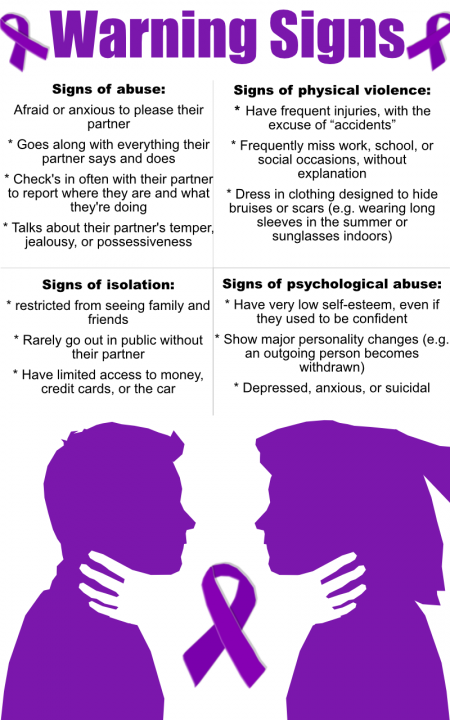 Or your abuser may become angry and retaliate.
Or your abuser may become angry and retaliate.
Advertisement
Breaking the Cycle of Trauma
Trauma can manifest as symptoms, behaviors, and actions that don't seem to have a root cause. Choose which pathway best describes what you’re currently facing and listen to FREE audio from Sounds True on trauma recovery.
CHOOSE NOW
Taking steps to heal and move on
The scars of domestic violence and abuse run deep. The trauma of what you've been through can stay with you long after you've escaped the abusive situation. You may struggle with upsetting emotions, frightening memories, or a sense of constant danger that you just can't kick. Or you may feel numb, disconnected, and unable to trust other people. But counseling, therapy, and support groups for domestic abuse survivors can help you process what you've been through and learn how to build new and healthy relationships.
Building healthy new relationships
After getting out of an abusive situation, you may be eager to jump into a new relationship and finally get the intimacy and support you've been missing.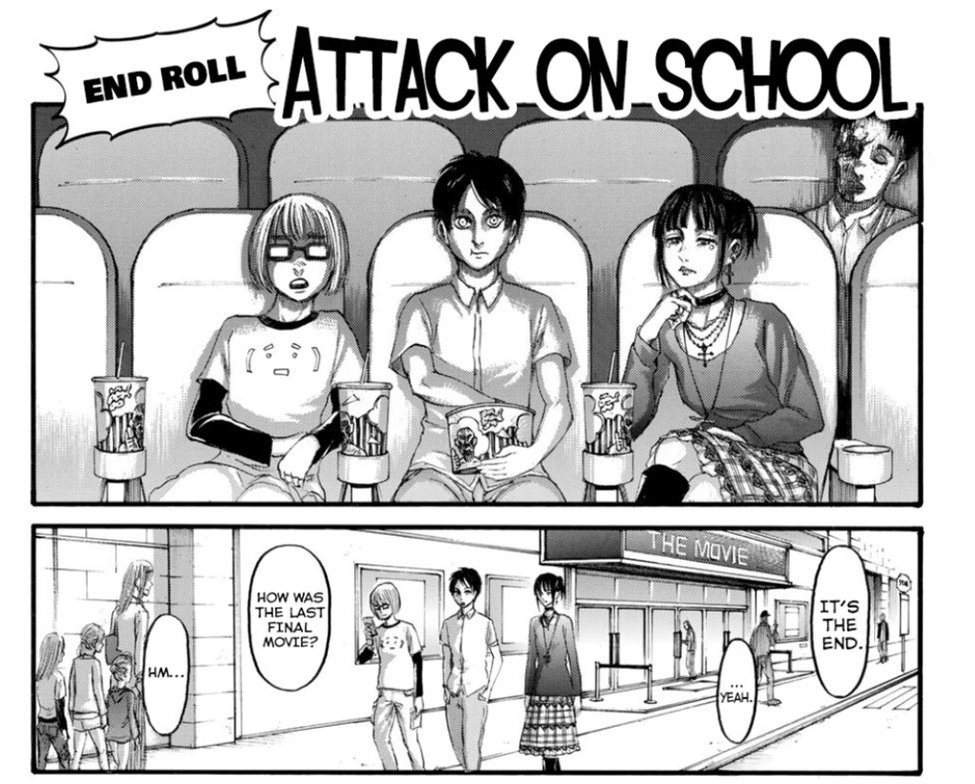 But it's wise to go slow. Take the time to get to know yourself and to understand how you got into your previous abusive relationship. Without taking the time to heal and learn from the experience, you're at risk of falling back into abuse.
But it's wise to go slow. Take the time to get to know yourself and to understand how you got into your previous abusive relationship. Without taking the time to heal and learn from the experience, you're at risk of falling back into abuse.
Authors: Melinda Smith, M.A. and Jeanne Segal, Ph.D.
Domestic Violence: Finding Safety & Support (PDF) – Guide for abused and battered women. (New York State Office for the Prevention of Domestic Violence)
Safety when Preparing to Leave an Abuser – Guidelines for how to safely leave an abusive relationship. (Women's Law Initiative)
Internet Security – Gives detailed instructions on how to clear your computer's Internet browser and email account from evidence of your efforts to find help for domestic abuse. (Women's Law Initiative)
Hotlines and support
Call 911 or your country's emergency service number if you need immediate assistance or have already been hurt.
In the U.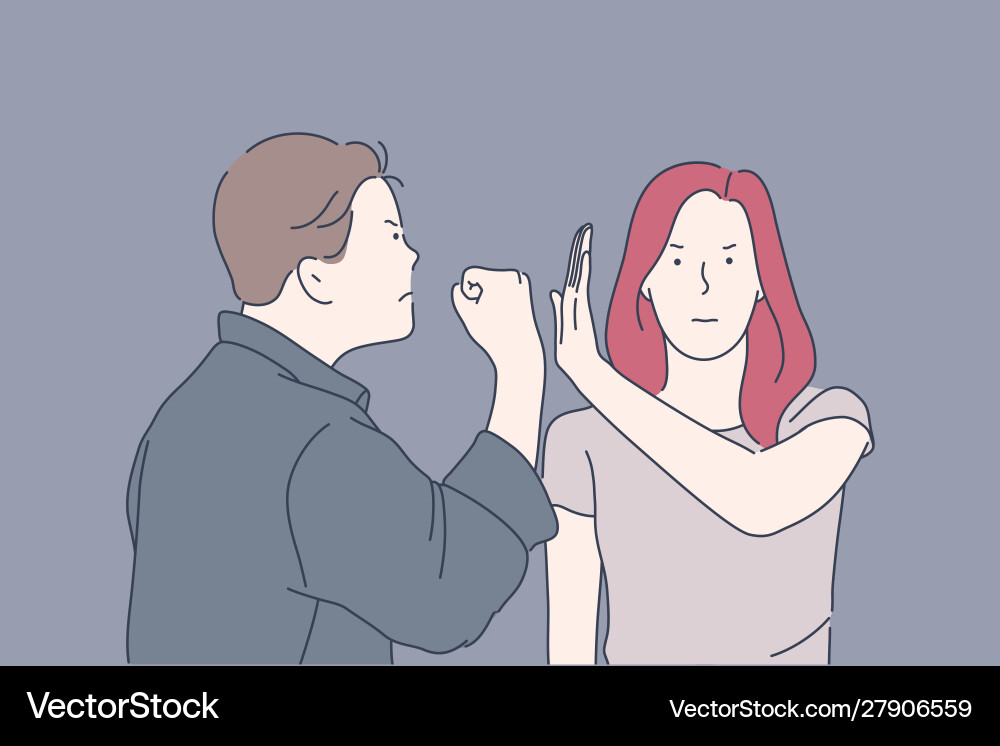 S.: call the National Domestic Violence Hotline at 1-800-799-7233 (SAFE) or search Womenslaw.org's state-by-state directory of domestic violence shelters and advocates.
S.: call the National Domestic Violence Hotline at 1-800-799-7233 (SAFE) or search Womenslaw.org's state-by-state directory of domestic violence shelters and advocates.
UK: call Women's Aid at 0808 2000 247.
Australia: call 1800RESPECT at 1800 737 732.
Last updated: November 16, 2022
How to Leave an Abusive Relationship and Not Go Back
No matter how many times you’ve gone back, you can safely move forward and permanently leave an abusive relationship.
Quick exit
Press the “Quick exit” button at any time if you need to quickly exit this page. The button can be found at the end of multiple sections. You’ll be taken to Psych Central’s landing page instead.
Alternatively, if you’re on a laptop, computer, or tablet with an external keyboard and you want to quickly close this tab, try using the following keyboard shortcuts:
- Windows or Linux: Ctrl + w or Ctrl + F4
- Mac: ⌘ + w
For more tips on safety plans and safer browsing, consider visiting the National Domestic Violence Hotline.
Quick exit
Intimate partner abuse is an extremely common health crisis that impacts people of all genders, races, and ages.
Studies suggest that 10 million people in the United States are affected by family and domestic health violence every year.
If you’ve recently been in an abusive relationship, trust that you’re not alone and it’s never your fault. You can break the cycle of abuse and leave your partner for good, but it requires extensive safety planning, support, and care.
Quick exit
“It’s not always easy to tell at the beginning of a relationship if a partner will become abusive, as possessive and controlling behaviors may emerge and intensify as a relationship grows,” says Laura’s House clinical director Theresa Black, MA, MFT, ATR.
But there are certain red flags and types of abuse to look out for. Your partner may be abusive if they:
- isolate you from friends and family
- constantly want to know where you are and what you’re doing
- assume control over your finances, plans, etc.
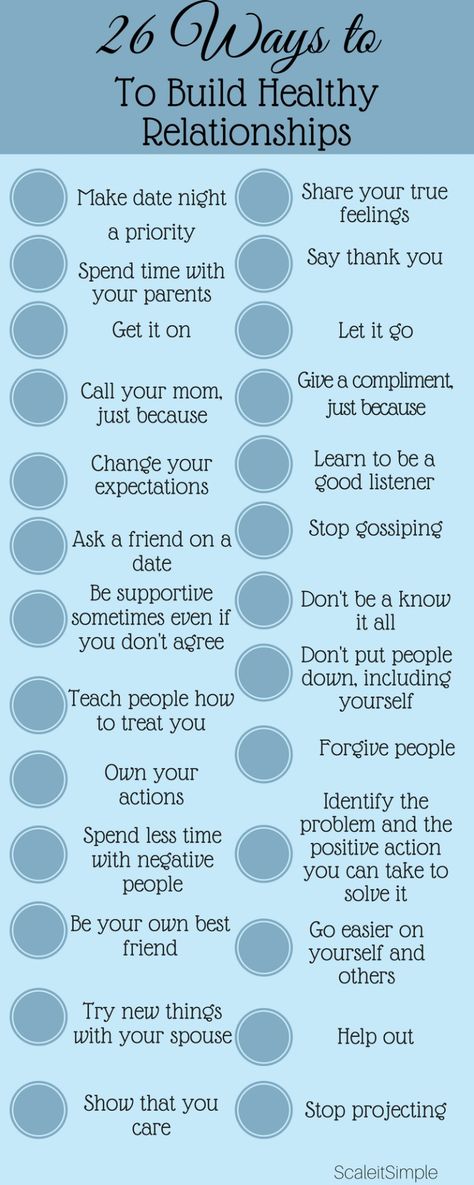 without discussion
without discussion - rarely take responsibility or admit fault
- manipulate or gaslight you
- exhibit intense feelings and behavior, like obsession and possessiveness
- engage in physical, emotional, or sexual violence
Quick exit
According to the National Domestic Violence Hotline, it takes an average of seven attempts for a person to finally leave an abusive partner.
“Many times, leaving an abusive relationship is not only emotionally difficult but can also be life threatening,” says One Love’s CEO, Katie Hood.
An older 2000 report by the U.S. Department of Justice indicates that threat of separation (or actual separation) can be linked with an increased risk of violence for the survivor.
Some common reasons for staying in an abusive relationship include the following:
- You feel a sense of bonding with your partner through trauma.
- Your partner won’t let you leave (e.g. they’re controlling or threatening).
- You have safety concerns.
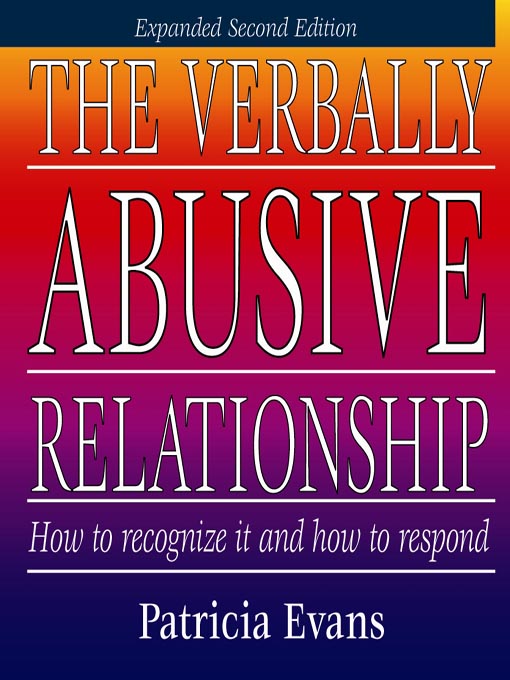
- You have nowhere to go.
- You lack finances or independence (e.g. shared bank accounts or no job).
- You lack knowledge around how to leave.
- You lack support.
- You have feelings of fear, shame, or embarrassment.
- You want to keep your family together for the sake of your children.
- You worry about how your partner may feel or react.
Quick exit
If you’re unsure of how to leave an abusive relationship or worried that you may go back, here are some tips that could help.
Create a safety plan
Establishing safety is important. A safety plan can help you outline actionable steps to reduce risk of harm or danger during the breakup process. A safety plan may include:
- a person to contact for help or shelter
- important items to bring when leaving
- steps to protect children and pets
- steps to increase safety at work, school, church, and stores
- steps to navigate different potential scenarios with the partner
Hood notes that certain factors can make some abusive relationships more dangerous than others.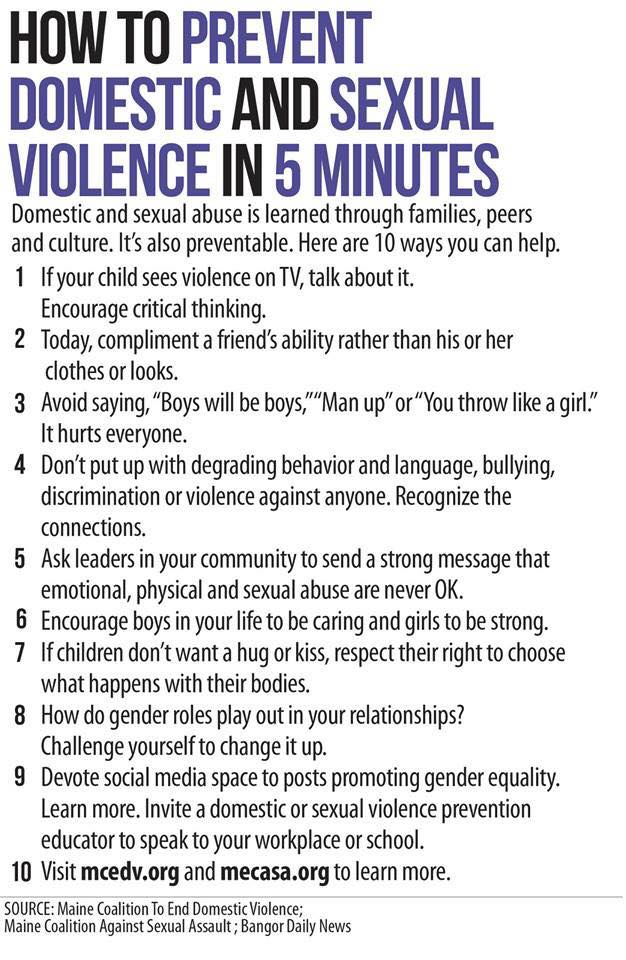 “Every relationship and every situation is unique, as is every breakup, so it’s important to create a plan to end the relationship safely.”
“Every relationship and every situation is unique, as is every breakup, so it’s important to create a plan to end the relationship safely.”
If you need help getting out of an abusive relationship, Black recommends reaching out to your local domestic violence hotline and making a safety plan with an advocate.
“You have options, and there are several steps you can take to protect yourself (or a loved one) on your path to long-term safety,” she adds.
Quick exit
Build a safety network
“To avoid going back to an abusive relationship, surround yourself with a support network of friends and loved ones who are in the loop on why you left,” says Hood.
She also suggests reconnecting with loved ones, friends, and people in your community, especially if you’ve been isolated from them during your relationship.
Remember why you left
“It’s perfectly normal to miss an abusive partner, but that doesn’t mean that it’s right to be with them,” says Hood. “Rather, it means that there was some good in the relationship, but the bad outweighs the good because everyone deserves a healthy, safe, empowering and joyful relationship.”
“Rather, it means that there was some good in the relationship, but the bad outweighs the good because everyone deserves a healthy, safe, empowering and joyful relationship.”
She recommends writing yourself a note about why you chose to leave the relationship and why you feel it’s important to not go back. Whenever you start to miss them, look back at it as a friendly reminder of why the relationship is unhealthy and reconnection isn’t the best (or safest) idea.
Quick exit
Put yourself first
It’s common to think about how your partner might feel if/when you leave, especially if they’re emotionally abusive. But your feelings matter, too, and it’s important to prioritize your own well-being.
“Remember that leaving an unhealthy relationship is not ‘quitting.’ Rather, it’s a positive decision of choosing a healthier life,” adds Hood. “Bravo for making a hard, but right, choice for yourself.”
“It’s important you focus on your own growth and processing,” says Black, who recommends practicing self-care during this time. “Give yourself kindness and time to heal.”
Trust your gut
Hood reminds you to always trust your gut, because “if something feels off about your relationship or dating situation, it probably is.”
After all, you know your situation better than anyone else. Listen to your intuition and trust your own judgment on the safest time to leave. “You have the strength to leave, but only when you’re ready,” adds Black.
Quick exit
Work toward becoming independent
Research is limited, but the Centers for Disease Control and Prevention (CDC) suggests that increased financial and housing security can reduce risk of intimate partner violence.
Especially if you used to rely on your partner for shelter and finances, finding a safe space to live and a job can jumpstart your path to independence. “Establish financial independence, including your own source of income, savings, and credit,” says Hood.
This may improve your chances of staying away from your partner.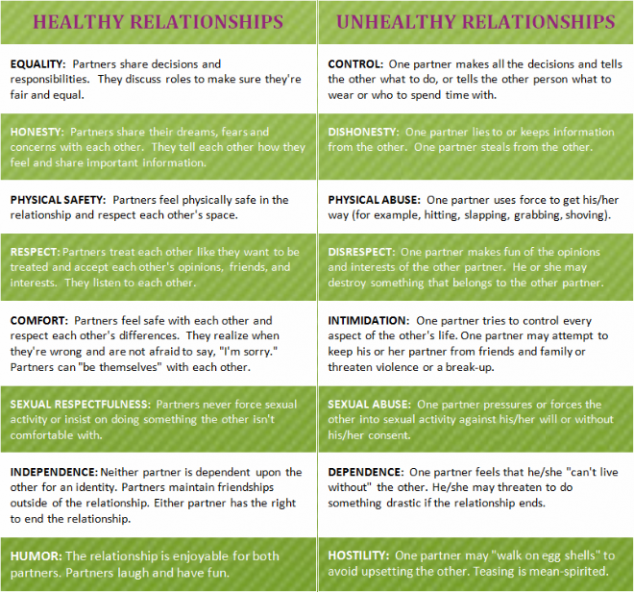
Quick exit
Several resources are available to support you when leaving an abusive relationship.
Hotlines
“Reach out to your local domestic violence hotline, the National Domestic Violence Hotline, or [call] 211 to get connected to more information about domestic violence as well as gaining assistance in creating a safety plan,” says Black.
She also recommends asking hotline advocates about:
- case management
- therapy
- legal advocacy
- other helpful resources
“Case management services can provide you with resources to help you gain independence, such as housing, employment, financial literacy, etc.,” Black adds.
Quick exit
Support groups and organizations
Getting involved in support groups, joining organizations, and connecting with other survivors can offer you comfort and support during this time.
“Many people who find and become involved in One Love because of an unhealthy or abusive relationship report a sense of relief in seeing their situations depicted in our content, strength in educating others, or support in joining our community of volunteers, student leaders, educators, advocates, and staff,” says Hood.
Laura’s House also provides shelter, support services, and non-residential direct services to people affected by abuse in the Southern California area. You can visit www.laurashouse.org or call 866-498-1511 to learn more.
“Legal advocates can also provide education and support in terms of restraining orders and possibly provide legal referrals,” adds Black.
Quick exit
Therapy
Keep in mind that couples counseling doesn’t work in abusive relationships. But individual therapy can help you strengthen your relationships, set boundaries, and better understand the dynamics of domestic violence, says Black.
A mental health professional can also teach you coping strategies and tips for building healthier relationships.
“It’s important to educate yourself about the common patterns of abuse and the types of abusive behaviors you may have experienced in order to break the cycle of violence,” she says. “Knowledge is power.”
Quick exit
It’s possible for you to leave an abusive relationship for good.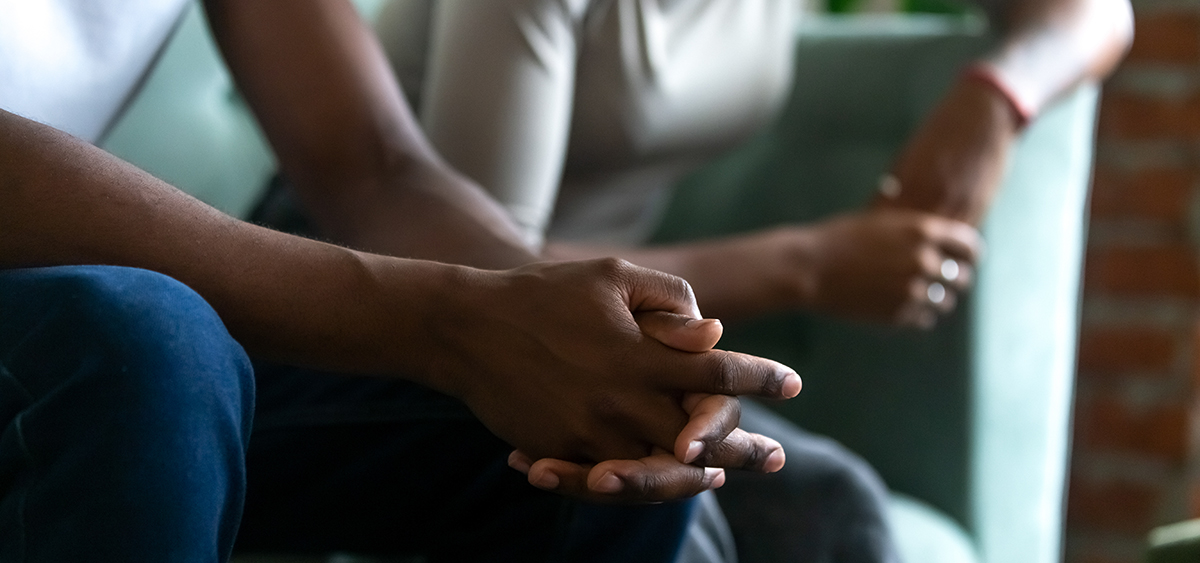 Every situation requires different planning, but creating a safety plan, establishing a support network, prioritizing self-care, and becoming independent can help.
Every situation requires different planning, but creating a safety plan, establishing a support network, prioritizing self-care, and becoming independent can help.
“No one ever deserves to experience abuse, and there are many resources available that can help you heal,” reminds Black. Joining support groups, getting involved in organizations, leaning on your loved ones, and starting therapy are great places to start.
“You’re never alone, and your relationship is not a reflection of who you are, your strength, or your worth,” adds Hood.
Remember that you’re worthy and deserving of a love that feels good. You can build happier, healthier relationships if and when you’re ready. In the meantime, focus on your safety and well-being.
Quick exit
Breaking up with loved ones: misconceptions, causes and possible benefits
- Christine Roe
- BBC Future
Image copyright BBC/Getty
Being a stranger to your family happens more often than you might think.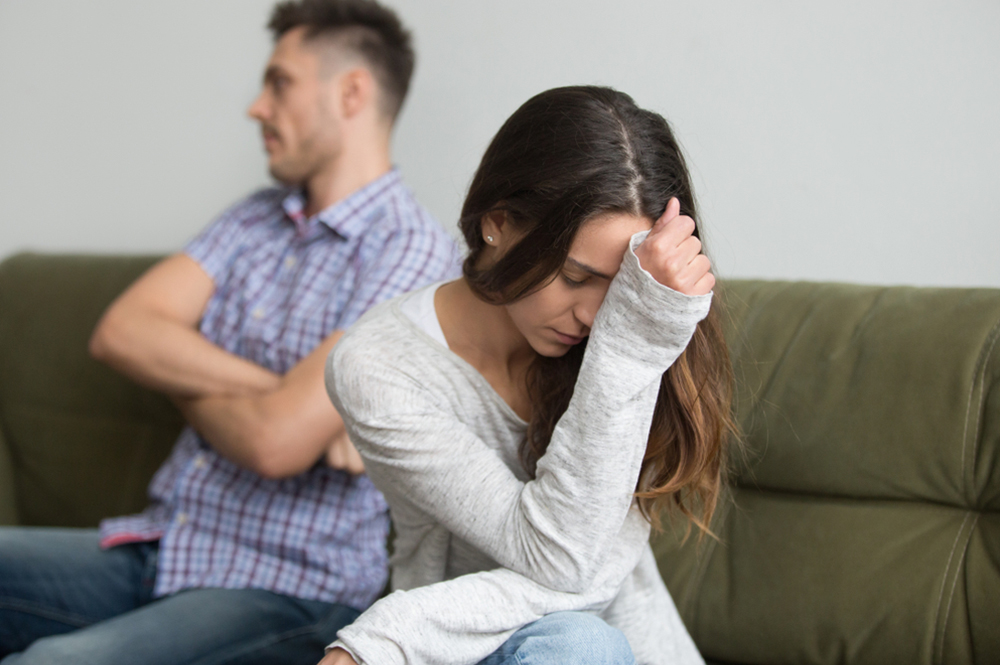 For society, such relationships are often like a stigma. However, according to psychologists, sometimes life away from your loved ones is much healthier, and sometimes it's the only way out.
For society, such relationships are often like a stigma. However, according to psychologists, sometimes life away from your loved ones is much healthier, and sometimes it's the only way out.
Nanditi Godbole had a breakup with the rest of her wealthy Indian family over... food.
Godbole writes books about how to cook, but her relatives, who are used to hiring a cook to cook, consider her passion unworthy. And when her last book came out, in which Godbole delved into the history of her family, the discord became even more pronounced.
Relatives felt that by telling about what outsiders should not know, Godbole went against the traditional family hierarchy. Some even stopped talking to her.
This story is, of course, unique in its own way, but what Nanditi Godbole experienced because of the break in relations with her family is not at all uncommon.
Family alienation can be described as alienation and loss of attachment that deepens over the years (or even decades) within the same family.
At the same time, it is not always possible to understand in which direction the situation is developing - in the direction of deterioration or improvement. For scientists, this is a relatively new area of research.
But this phenomenon is very common. For example, the British charity Stand Alone, which provides support to those people who suffer from a broken relationship with loved ones, believes that this happens in one out of every five families in the United Kingdom.
Image copyright, BBC/Getty
Image caption,Disagreements with loved ones are discussed more than in previous years
Skip the Podcast and continue reading.
Podcast
What was that?
We quickly, simply and clearly explain what happened, why it's important and what's next.
episodes
The End of the Story Podcast
An American study found that out of more than 2,000 mother-child couples, 10% of mothers are in a situation of alienation with their adult daughter or son.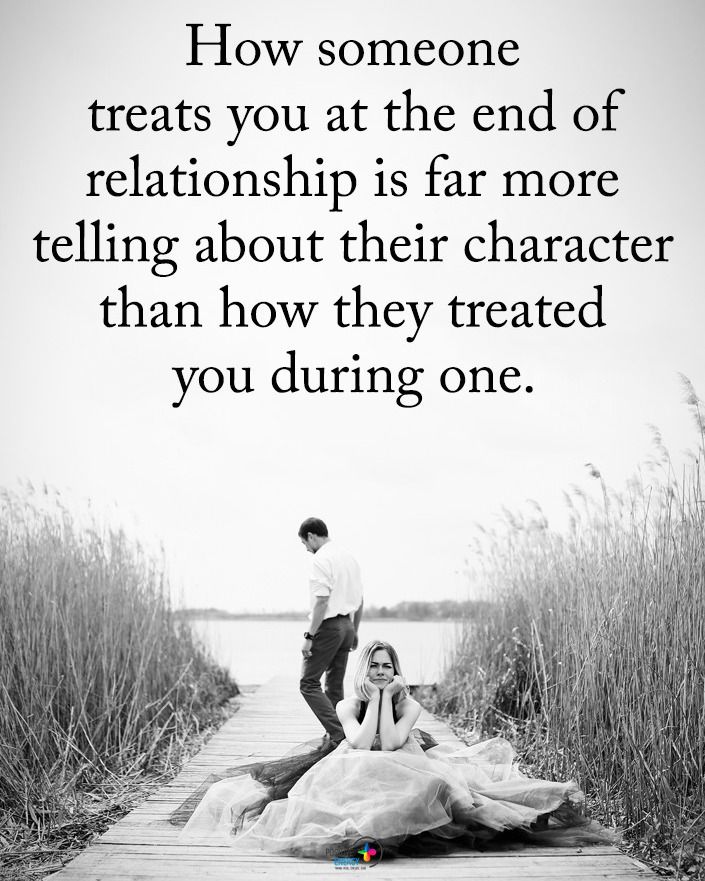
Another study (also in the US) found that more than 40% of participants experienced alienation within their families at some point in their lives. Moreover, in certain social groups, this is almost as common as divorce.
Stand Alone founder Becca Bland (who has her own experience of living at odds with loved ones, she does not communicate with her parents) notes that this topic is now being discussed much more widely than before - even five years ago.
This is also confirmed by Google Trends query statistics: people are increasingly entering words in the search box that describe the situation of alienation - this happens primarily among users in Canada, Australia and Singapore.
Bland believes that Meghan Markle helped this to a large extent when she entered the British royal family.
Prince Harry's wife, the Duchess of Sussex, who won first place in search queries in the British Google (and second in the US) in 2018, spurred public interest in intra-family conflict situations due to her difficult relationship with her father.
- How breaking up a relationship will affect your personality
- How life in marriage changes your personality the same interest was received by the recognition in an interview in 2018 of the famous actor Anthony Hopkins, in which he said that for 20 years he had hardly spoken to his daughter.
Such celebrity details tend to help ordinary people digest their own difficult life experiences and try to explain them to themselves.
Although examples of alienation can be found in any country in the world, it is more common in a certain type of society or state.
One of the determining factors is how much support the government provides to citizens. In countries with a developed welfare system, people simply do not need strong family ties and the help of relatives to such an extent. And so they have a choice - whether to maintain a relationship with one or another family member.
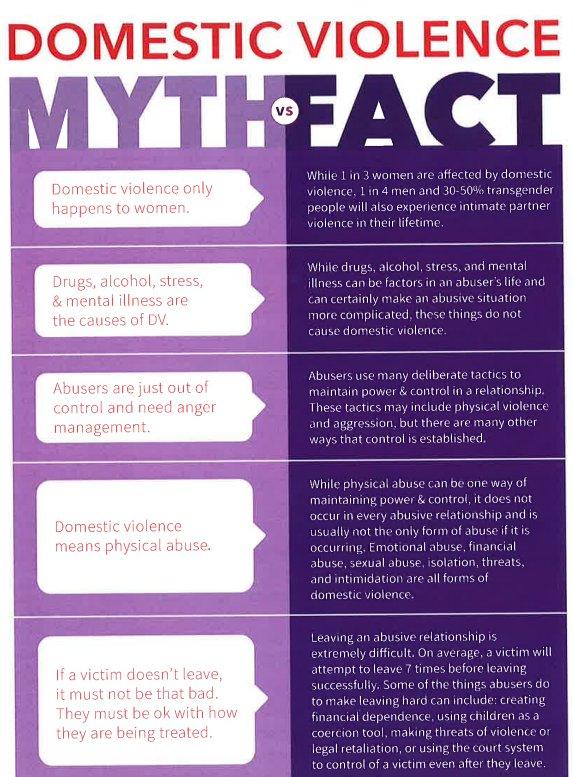
For example, in Europe, the farther to the south, the more parents and adult children tend to have close relationships, since in the countries of southern Europe state assistance is scarcer.
Image copyright, BBC/Getty
Image caption,The out-of-family phenomenon is more common in countries with well-developed welfare systems
Financial factors intersect with others, such as race or education. For example, in Germany, the higher level of education of older children often goes hand in hand with a higher level of conflict with parents.
It is assumed that well-educated family members tend to be more geographically mobile and need each other less financially.
A study by Megan Gilligan and her colleagues on conflicts in American families over family care showed differences in the experience of adult children depending on race.
However, isolating the influence of culture or class can be difficult.
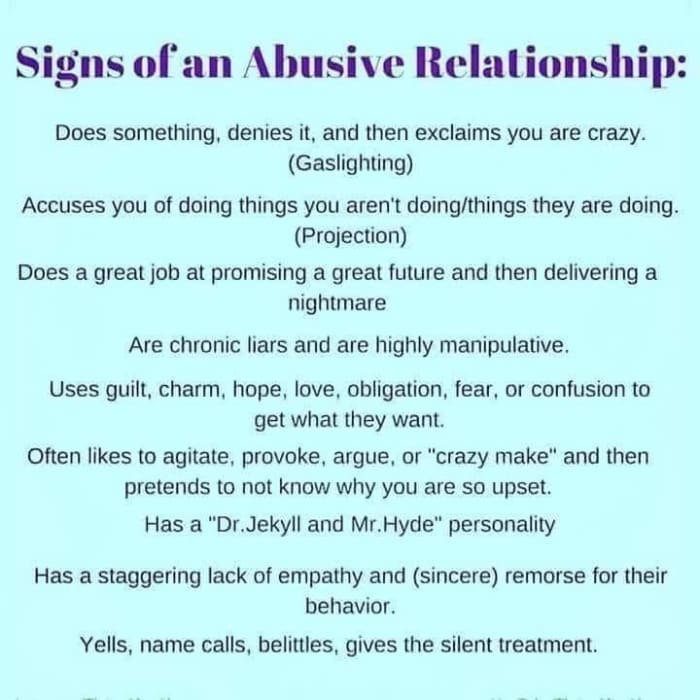 Gilligan, a gerontologist at Iowa State University, notes that in the US, ethnic minorities tend to rely more on the support of family members.
Gilligan, a gerontologist at Iowa State University, notes that in the US, ethnic minorities tend to rely more on the support of family members. In Uganda, where in the past it was important to stick to each other, to keep in touch with one another, to survive, family alienation is rearing its head, says Steven Wandera, a demographer at Makerere University in Kampala.
A recent study by Wandera and colleagues found that 9% of Ugandans aged 50 and over live alone. For this African country - a surprisingly high figure.
Of course, this is not exactly the same as alienation. But as families become smaller, more nuclear, and urbanization increases, the percentage of Ugandans living in constant conflict with relatives will rise, Wandera says.
This will not happen quickly. "Cultural norms are still strong and it will take time until they weaken," he stresses. But, in his opinion, in 20 years everything will change.
Image copyright BBC/Getty
Image captionAs families become smaller and more urbanized, alienation will become more common
This does not mean, of course, that governments should reduce financial assistance for the elderly people to force families to maintain strong ties.

Let's say that Spanish family culture has always been considered more "compulsory" than, for example, Norwegian, where intergenerational relations are usually more friendly because they are chosen voluntarily, and not for financial reasons.
Why this happens
The reason for the loss of intra-family ties is often the divorce of parents - and in such cases, the relationship with the father suffers especially.
A common reason is also a broken relationship with a relative belonging to a marginalized minority (sexual, religious, etc.).
But quite often such a break occurs calmly and without much drama. As Gilligan explains, it usually happens gradually, rather than due to any one major event.
The people she interviewed often said, "I can't say exactly how it happened."
Image copyright, BBC/Getty
Image caption,Often, the breakup between close relatives is gradual and reflects long-standing tension in a relationship.
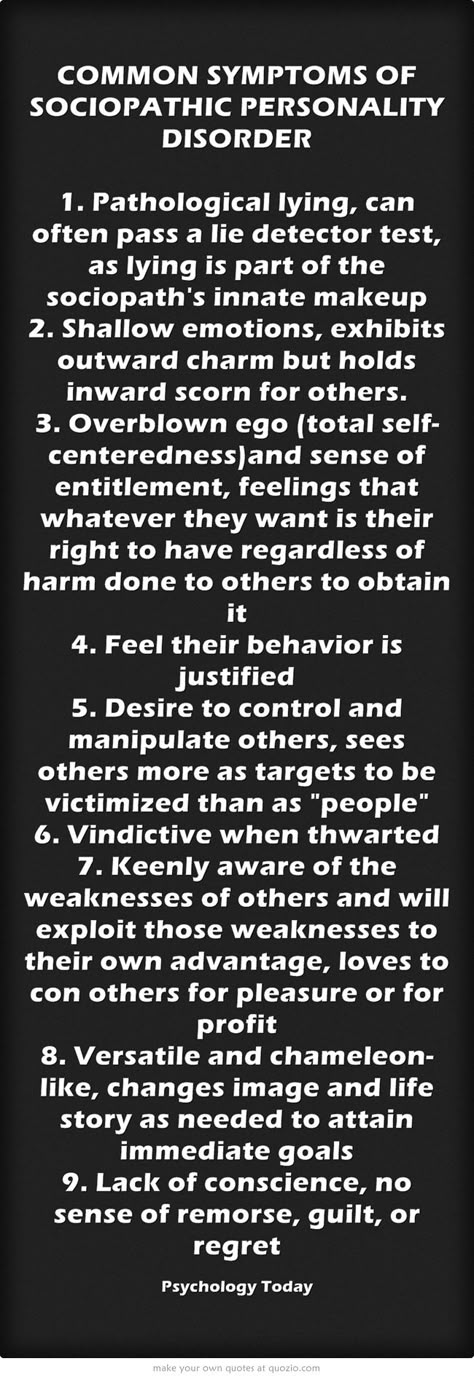
Those families whose members would like to restore relations, reconcile, should be aware that their conflict is unlikely to be the result of an isolated incident. They will have to study their own past more closely.
For those who want to reconcile or prevent alienation, we can recommend: do not rush to condemn the other.
Gilligan's study of mothers, 10% of whom lived without contact with their adult children, showed that the most important factor in their alienation from each other was a mismatch of values.
For example, "if a mother valued her religious beliefs and practices, and the child openly disregarded them, the mother found it really offensive," says Gilligan.
Of course, this is not only about religion. Another mother, who highly valued truthfulness, broke off relations with her deceitful son. Another woman who placed great importance on her own independence stopped talking to her daughter, who seemed to her mother to be too dependent on a man.
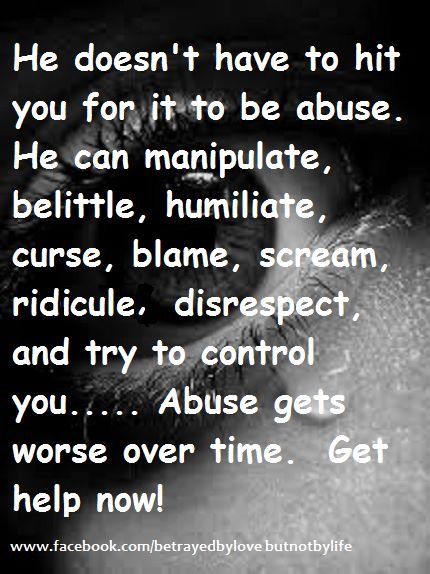
Image copyright, BBC/Getty
Image caption,Growing up children often recall emotional tyranny in the home, but their parents rarely talk about it norms - say, if a child committed a crime.
Moreover, according to the study, common values were more important for mothers than for fathers. Mothers just couldn't get over it.
Well, as often happens, the parties (parents and children) gave completely different interpretations of the same situation.
In the UK, adult children, for example, most often mentioned emotional hurts that led to a break with their parents - about constant attempts to control through humiliation, criticism, etc.
But parents were much more likely to talk about things like divorce or mismatched expectations.
"An adult child and his mother usually don't talk to each other about what makes them sad, so I think they are on different pages of understanding the same situation," she says.
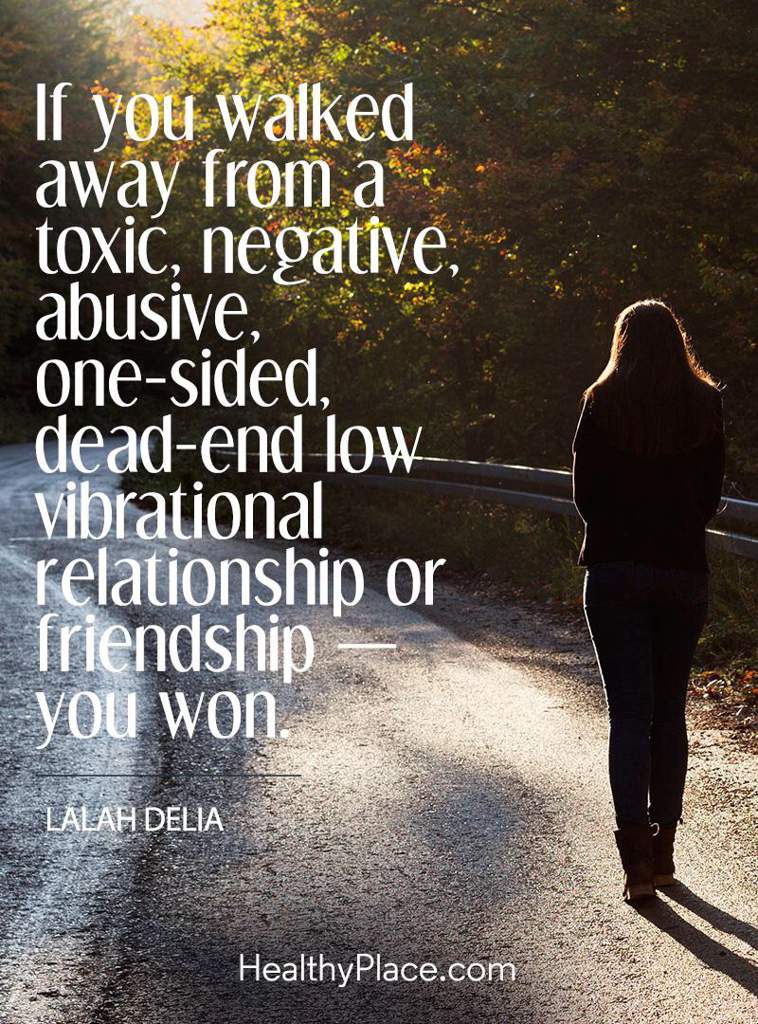
Well, naturally, if one of them takes a defensive position and does not want to listen to the other, then these two people are not able to explain something to each other.
Bland this seems to be the result of generations having completely different conceptions of family life.
Image copyright, BBC/Getty
Image caption,Different generations have different ideas about what a family should be like
According to her, in post-war Britain there was a very conservative idea of what a family should be like. People used to think of family life in terms of duty and self-sacrifice, which sometimes led them to put up with emotional and even physical abuse.
For children of that generation, the mismatch of values or expectations also plays a role. And another important factor is parental favoritism.
Positive aspects of alienation
But everything is not so simple.
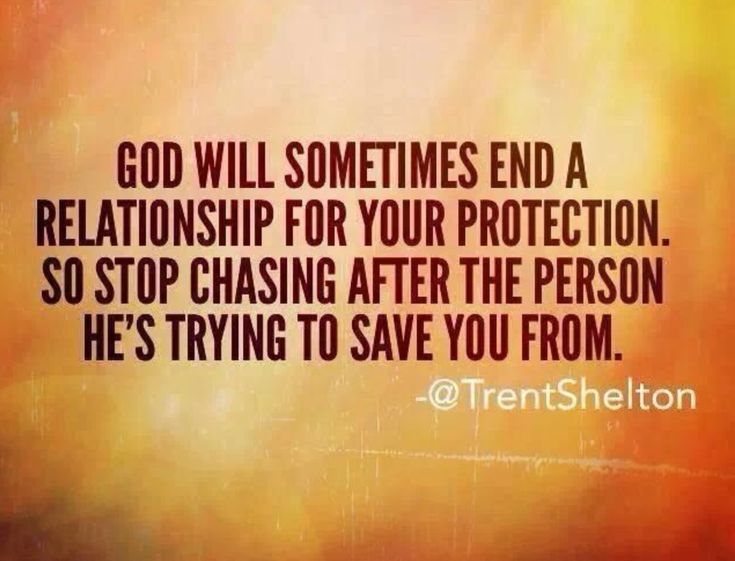 Just as traditional taboos regarding divorce have kept women in violent and exploitative marriages, so a dogmatic belief in the permanence and sacredness of the family can mean unnecessarily suffering for someone.
Just as traditional taboos regarding divorce have kept women in violent and exploitative marriages, so a dogmatic belief in the permanence and sacredness of the family can mean unnecessarily suffering for someone. As Gilligan points out, "If relations between relatives are full of conflict, if they cause such suffering, then perhaps the best way out for both parents and their grown children is to break off these relations."
And people understand this. According to Stand Alone, for more than 80% of people who choose to break up with loved ones, this is associated with at least a few positive things - such as freedom and independence. It's a way to overcome the past.
It is also important to note that a breakup is not necessarily permanent. People can restore relationships, get closer again.
Yes, and conflicts do not always arise immediately with all other family members.
For example, in Vietnamese families, despite the fact that LGBT or transgender affiliation is unacceptable for parents, brothers and sisters are much more tolerant of this.
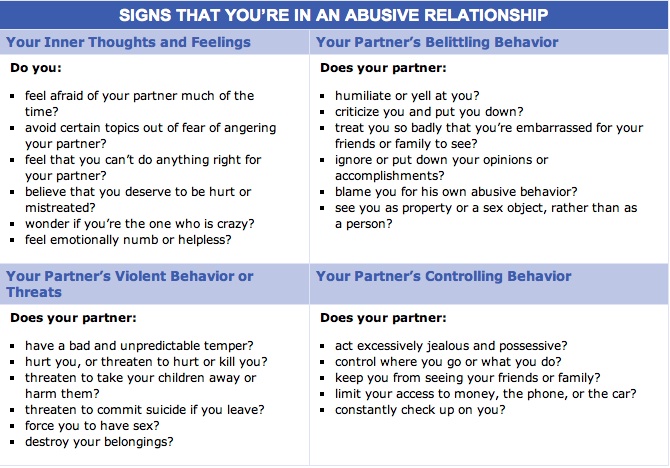
Alienation in the family is also painful because it is not clear how long it will last and whether it will end at all.
Photo credit, BBC/Getty
Photo caption,For more than 80% of respondents, the breakup of a relationship was associated with newfound freedom and independence in the eyes of society," Gilligan said.
For example, in an article in an online publication for pensioners, the author blames alienation on individualism, divorce, psychotherapy, and the "immaturity of children."
And even psychotherapists often blame their patients for not communicating with one of their close relatives. Women are especially easily ostracized for this. Some people even have to minimize their social contacts, just to keep others from their family problems.
But, as experts emphasize, people who are already isolated from their families should not be driven into a corner, aggravating the situation.

Another aspect: from the point of view of scientists, such ostracism makes it difficult to understand how many people are actually alienated from their families.
This is especially difficult to find out in those countries and cultures where it is considered unacceptable to discuss family conflicts.
The author of books about tasty and healthy food, Nanditi Godbole, knows all this very well. "I've come to terms with the fact that people will take time to reconnect with me. And some may never do it," she says. "I'm fine with that."
So even if alienation is difficult to overcome, there is no reason to be ashamed of it - like many other painful situations in life.
---
Read the original English version of this article at BBC Future .
Signs of an abusive relationship
What is an abusive relationship?
Abusive relationships (from the English abuse - insult, abuse) is a term that describes any relationship in which one person shows power and control over another in a negative way.
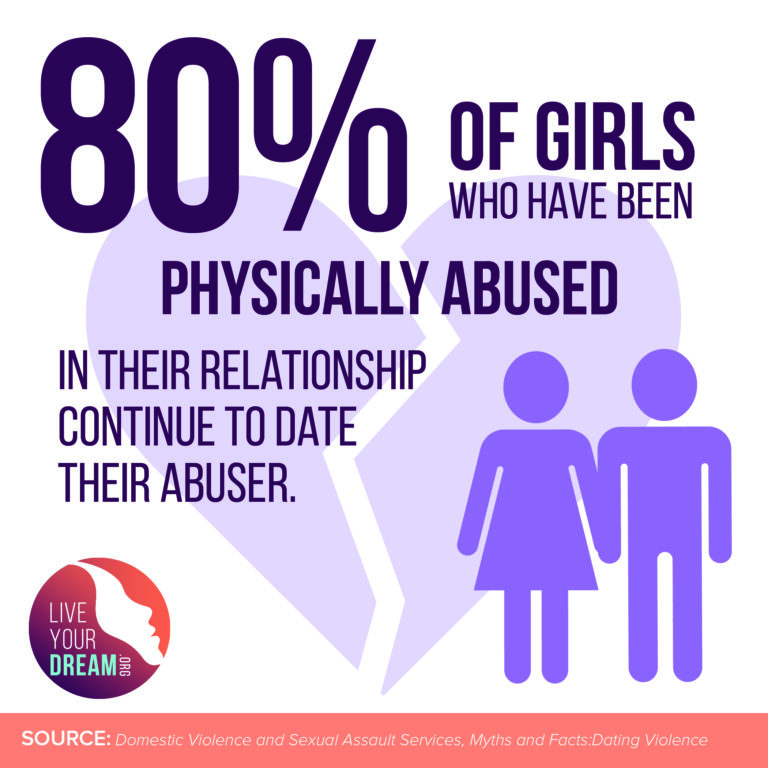 The abuse can be physical, but it can also be emotional, verbal, financial, or any other type of behavior that keeps one person in control of another.
The abuse can be physical, but it can also be emotional, verbal, financial, or any other type of behavior that keeps one person in control of another. Although there are many common aspects of an abusive relationship, each individual relationship looks a little different. Moreover, people in abusive relationships often find it difficult to recognize that they are in one. One of the most common aspects of an abusive relationship is that the abused person insists that what they are doing is normal and not harmful, making it difficult for the victim to understand their situation.
There is no such type of person who would be insured against abuse or could not become intruders. People of any nationality, age, gender, or sexual orientation can be victims of abuse. It is never the fault of the abused person; Responsibility for violence always lies with the abuser.
People who are victims of abusive relationships often live with a range of problems resulting from abuse, including:
- Feeling of isolation.
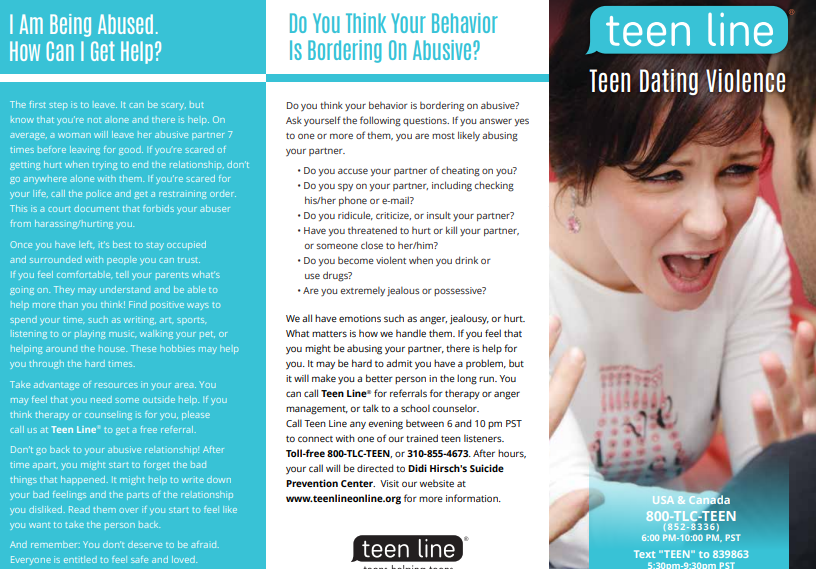
- Embarrassment.
- Depression.
- Anxiety.
- Suicidal moods.
- Addiction.
- Injuries.
- Financial difficulties.
While some conflict is normal in any relationship, a healthy relationship involves two people who can disagree, argue, and have their own opinions.
An abusive relationship involves one party controlling the thoughts, feelings, or actions of the other. Recognizing the signs can help you avoid or exit an abusive relationship.
Signs of an abusive relationship
While each abusive relationship uses different methods of control, the underlying themes remain the same. In an abusive relationship, one party uses their power over the other party to prevent them from doing anything other than what the abuser wants. Here are some signs to look out for:
Communication control
People who are being abused may try to monitor your interactions with other people.
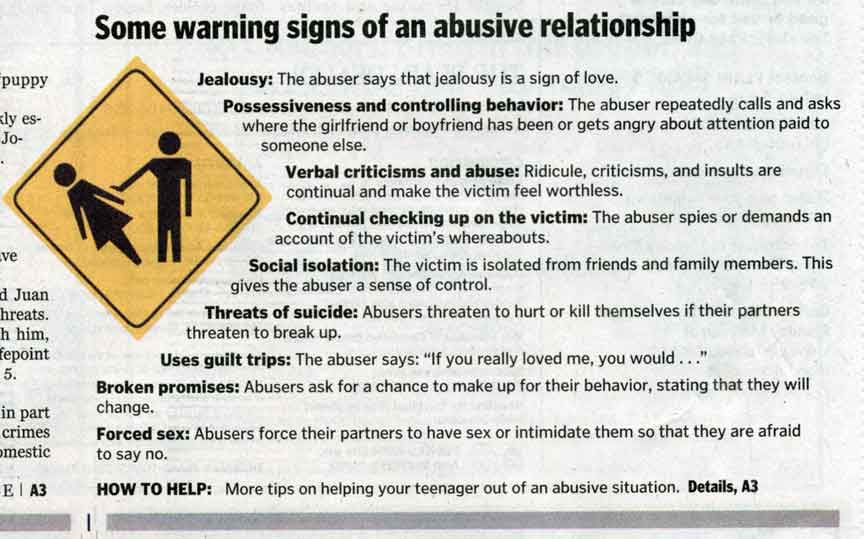 They may ask you to read your texts and emails, access your devices without permission, or even install tracking software to monitor your social life. Subsequently, they will often use this against you.
They may ask you to read your texts and emails, access your devices without permission, or even install tracking software to monitor your social life. Subsequently, they will often use this against you. Insulation
Abused partners also tend to isolate the people they are abusing. The offended person may spread lies about you or try to convince you that your family and friends don't really love you. Either way, the goal is to cut you off from support systems that might otherwise help you get out of the relationship.
Financial control
In some cases of abusive relationships, the abused party tries to deprive the partner of control over their finances. This is done in order to make it difficult to leave the relationship. The offended person may deprive you of access to their accounts, hide information about your financial situation, or try to force you to quit your job.
Coercion
Another common abuse tactic is to get you to do something you don't want, whether through pleading, threats, force, or emotional manipulation.
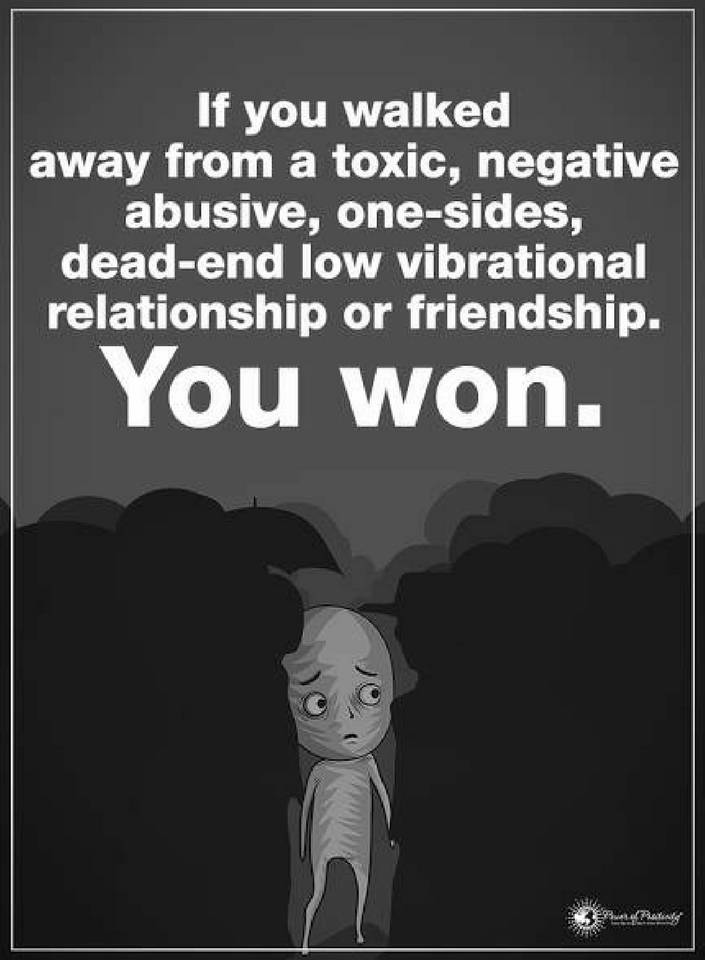 This may include sexual activities, but it may also include any other behavior that you don't want to do. Hurt people may also use coercion to keep you in the relationship if you try to leave.
This may include sexual activities, but it may also include any other behavior that you don't want to do. Hurt people may also use coercion to keep you in the relationship if you try to leave. Emotional manipulation
One of the most common types of abuse is emotional abuse. It may include: insulting you humiliating you in front of others making you feel "crazy" calling names making you feel guilty for ordinary actions. In a healthy relationship, both partners strengthen each other. Abusive relationships mean that one side destroys the other.
Physical abuse
Finally, physical abuse is the most well-known sign of an abusive relationship. If your partner hits you or hurts you in any way, chances are your relationship is abusive.
Solving the problem of abusive relationships
If you are in a relationship where you are being abused, the best course of action is to end it and leave your partner. It can be scary, so it's important to have a plan of action.

Learn more - Feeling of isolation.

